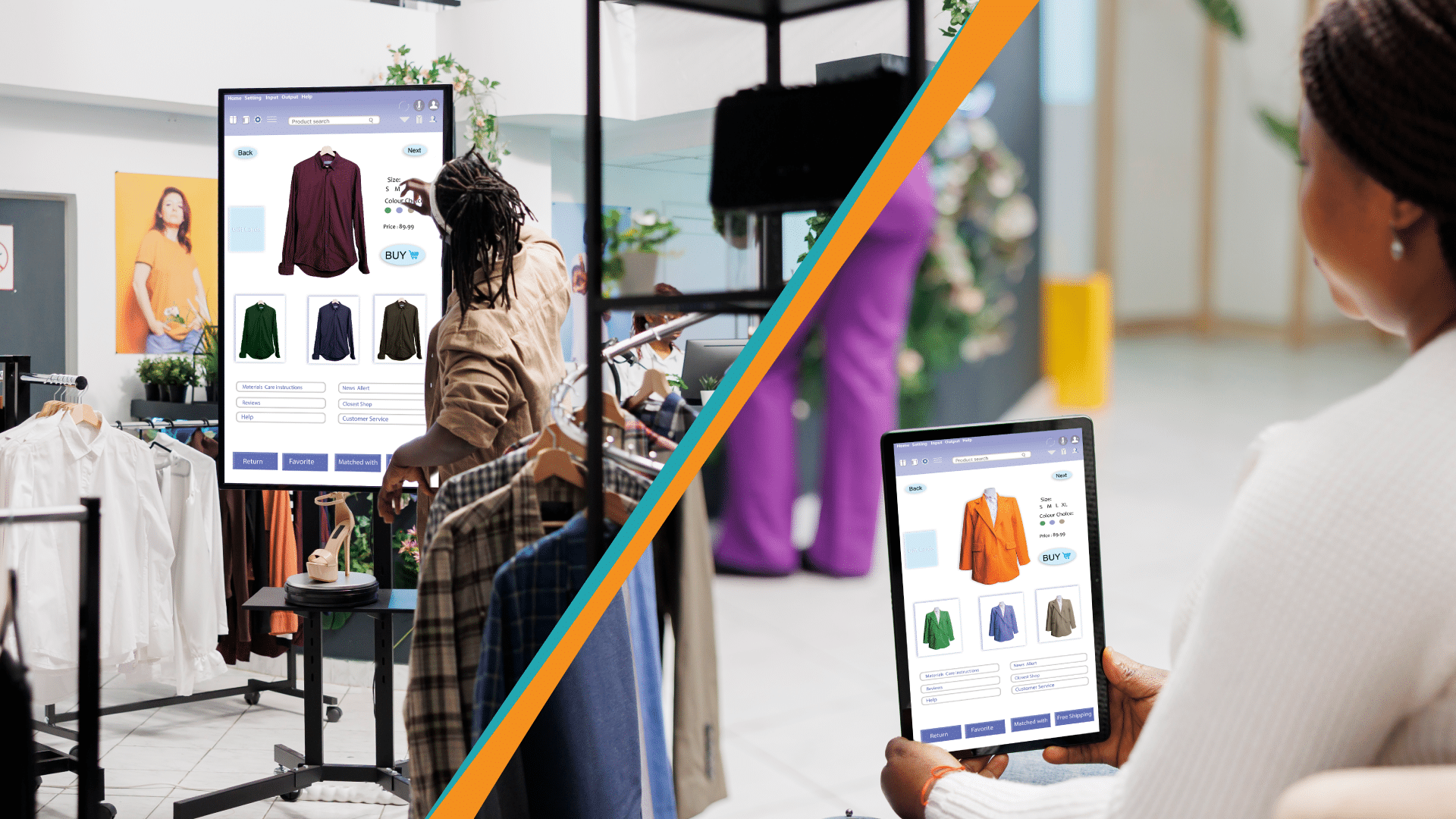There’s never been more opportunity for anyone to run their own retail business. But it’s also never been harder to make one successful. There is ever-increasing competition, trends in the market shift quickly, retailers rely on ever-sharpening margins, and more goes into running a store operation than ever before.
So, it’s important for retail business owners to understand what software is available to them. It may not be imperative that your business employ each of these pieces of software, but you’ll likely benefit from the majority of them.
This blog covers some of the most essential types of software for your retail operations, from point of sale to eCommerce. Learn about each to make a better decision for your business.
10 Key Retail Operations Software Solutions
While there are dozens of different categories within retail operations, below are 10 of the most important. Consider which are the most important for your business and what your options are for each.

Point of Sale (POS) Software
At the heart of all retail operations software is your point of sale system. Its basic function is facilitating the checkout process at a brick-and-mortar retail store. But modern POS solutions go well beyond that.
A cloud point of sale system now serves as the hub of all retail business operations, offering a combination of native features (commonly inventory management, product and sales reporting, loyalty, etc.) as well as integrations for related software (advanced CRM, accounting, eCommerce, etc.).
Overall, there are more opportunities than ever to find a customizable retail POS, so retailers should find a solution that offers the functionality their store requires. There is a wide range, so do your research before shopping.
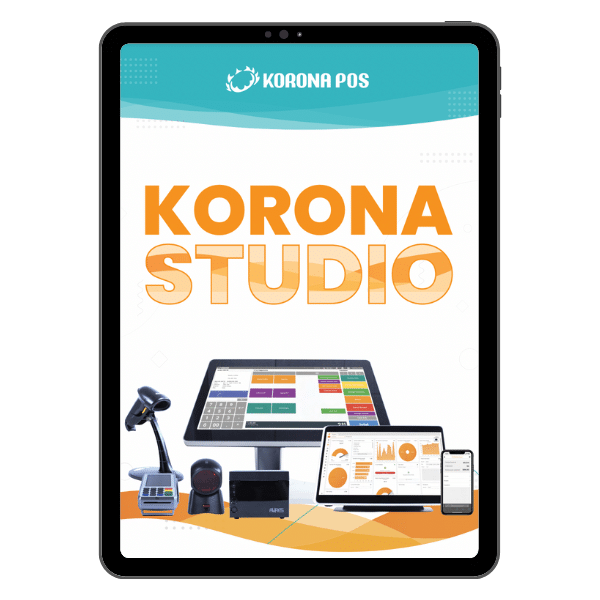
Learn more about the best features and tools in KORONA Studio in this free eGuide.
Inventory Management Software
Closely related to POS is inventory management. And strong point of sale solutions always have inventory management built into the software. After all, it’s challenging to run an effective point of purchase operation without it working seamlessly in conjunction with your inventory data.
Modern POS inventory management should automate ordering and invoicing, provide order level recommendations, notify low or high stocks, measure KPIs, and so much more. For businesses with high inventory counts, this is even more important. For a growing business, maintaining structured inventory management gives you much more power to scale and improve your margins.
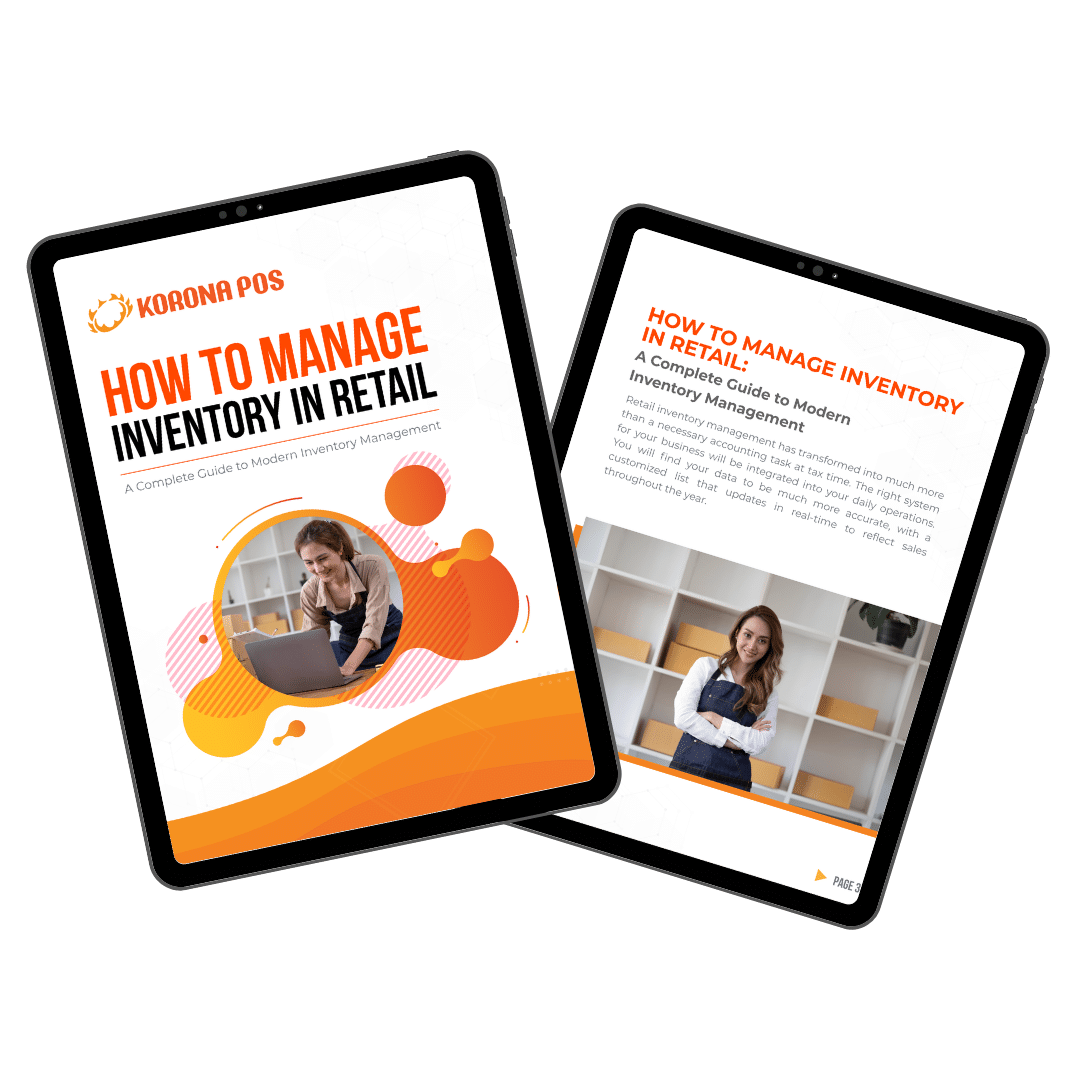
Learn how to manage your inventory effectively with this free eGuide.
CRM / Loyalty Software
Offering a robust customer loyalty program has quickly become one of the most important aspects of running a retail business. Customers have come to expect some level of rewards for their loyalty.
For some, a simple points-based loyalty system is plenty. Many point of sale solutions offer this natively, allowing the merchant to structure the rewards in the form of percent-based discounts or store credit.
Others will require a more robust loyalty system with a native app, complex rewards structures, and unique ways to redeem rewards. Finding such solutions will likely require third-party integration into your POS rather than something natively offered directly through the point of sale.
Marketing Software
Closely related to a retail CRM is its marketing software. This type of software allows retailers to go more in-depth with strategic and planned marketing campaigns. Overall, it’s more important for larger retail operators to have more targeted communication with both existing and potential customers. It can also cover anything from local Google Ad campaigns to large retail contact center solutions, such as VoiceSpin.
Without this type of software, retailers will lack certain targeting abilities and overall have a less effective use of any marketing spend.
Pricing Software
Many retailers run their businesses on thin margins, which means that setting ideal pricing is absolutely paramount to their success. Retail pricing software, including modern dynamic pricing options, helps businesses find the optimal price for each of their products. Mismanaging this aspect of any business can quickly lead to large-scale failure.
This software can take many factors into consideration when determining the best price, including market trends, overall demand, inventory valuation, product supply, COGS, consumer behavior, and more.

Promotions Management Software
With pricing comes promotions. Retailers need the flexibility to adjust their pricing depending on season, demand, supply, inventory, location, or any number of other factors.
But running promotions isn’t as easy as it might seem. A poorly planned or executed promotion can disastrously affect your bottom line. It’s important to coordinate any promotion with the assistance of your retail POS. This will help identify any issues you may run into and offer suggestions of what makes sense based on your inventory and profit margins. It also allows retailers to automate more of their promotions, set end dates, adjust prices for cashiers, and measure performance.
Accounting Software
Accounting is another critical operations software for nearly any retailer. Accounting software automates sales tracking, product expenses, taxes, revenue, profits, and more. It helps retailers stay compliant, file their taxes accurately and on time, and save countless hours of tedious manual paperwork and accounting.
There are many modern retail accounting software options, and most POS systems integrate with several of them, so retailers can choose which system they prefer.
Payment Processing Software
All retailers need a payment processing solution. Also known as merchant services, this software simply allows any business to accept digital payments at its physical or eCommerce store. Think of the payment processor as the one who facilitates the process of the merchant accepting the money at the POS and the money moving from the customer’s bank to the merchant’s.
Most point of sale systems also offer their own payment processing solution. This means that if a retailer uses their POS, then they must also use their processing. While this might add a level of simplicity to the process, it often comes with highly inflated rates. It’s important to consider multiple options and the ability to shop around typically means you can find more affordable processing rates.
We also have a comprehensive guide on the best retail payment solutions.
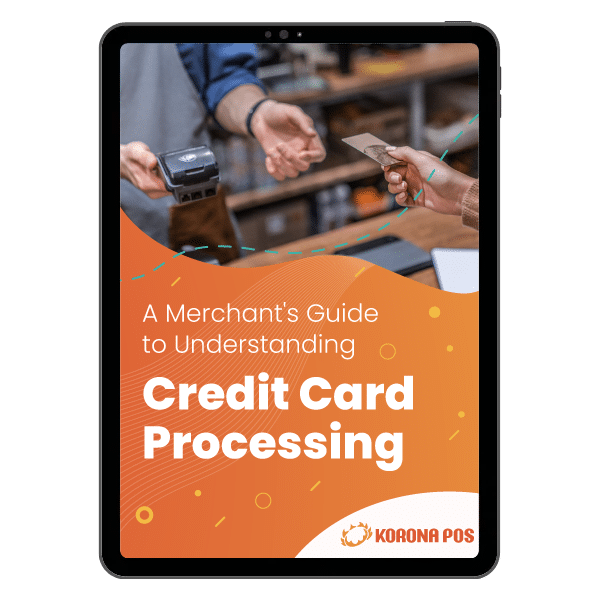
Learn more about how credit card processing works and save your business money in this free eGuide.
eCommerce Software
eCommerce sales have grown across every retail industry and will only continue to become a more significant fraction of total sales. Retailers who are trying to expand their digital presence must have robust eCommerce software that works with their brick-and-mortar point of sale.
A seamless connection between the two offers a more effortless ability to scale and reach a much larger audience. It also enables more accuracy, lowers operational difficulties, and facilitates a more straightforward operation.
Employee Management Software
Employee management software is another area that any growing retailer should consider after they have more than a few staff members. The software handles various tasks, including calendar and shift planning, time-off requests, attendance tracking, shift switching, planning training periods, conducting payroll, and more.
Some employee management features are native to many retail point-of-sale systems, including control of employee permissions at the POS or through the system’s back end. Others can be obtained through various third-party integrations.
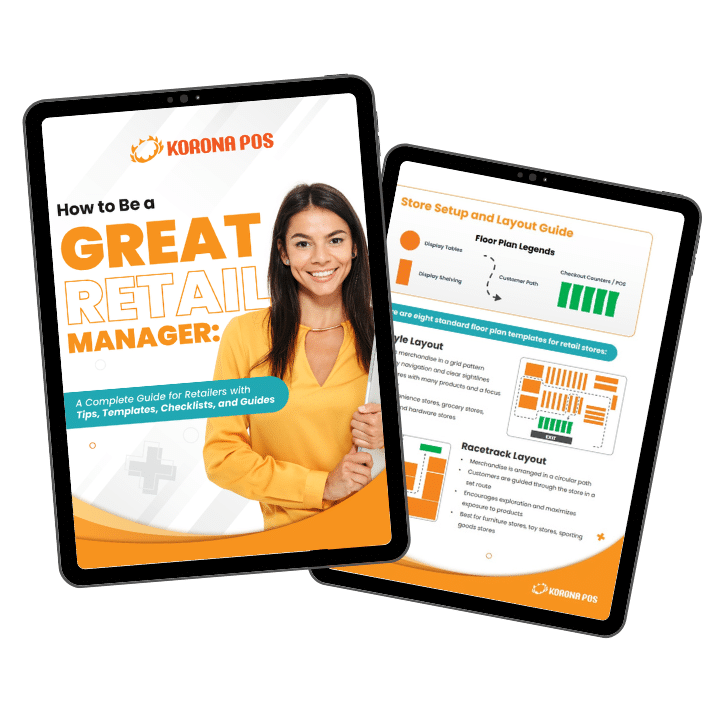
This guide has tips to help you become the best manager you can be! Plus, free printable templates and checklists are included for use in your retail store operations.
Choosing the Right Retail Operations Software for Your Business
In the end, it’s important to remember that there are many different strong options in each of these categories; there’s not necessarily any particular best choice.
Instead, shop around. Use free trials and sign up for demos. Look up reviews and customer testimonials. Find out who you’d be working with and make sure they seem honest and trustworthy.
There might be some trial and error, and there might be a few decisions along the way that you end up regretting. But the important thing is that smaller retail businesses should start the process of implementing these types of software sooner rather than later. Adding this type of structure and process allows for more scalability and efficiency.
For more information on KORONA POS, including its inventory management, sales and product reporting, employee management, promotions, pricing optimization, and suite of integrations, sign up for a free trial or schedule a product demo. We’ll walk you through how a point of sale software can bring your entire retail operations together.

